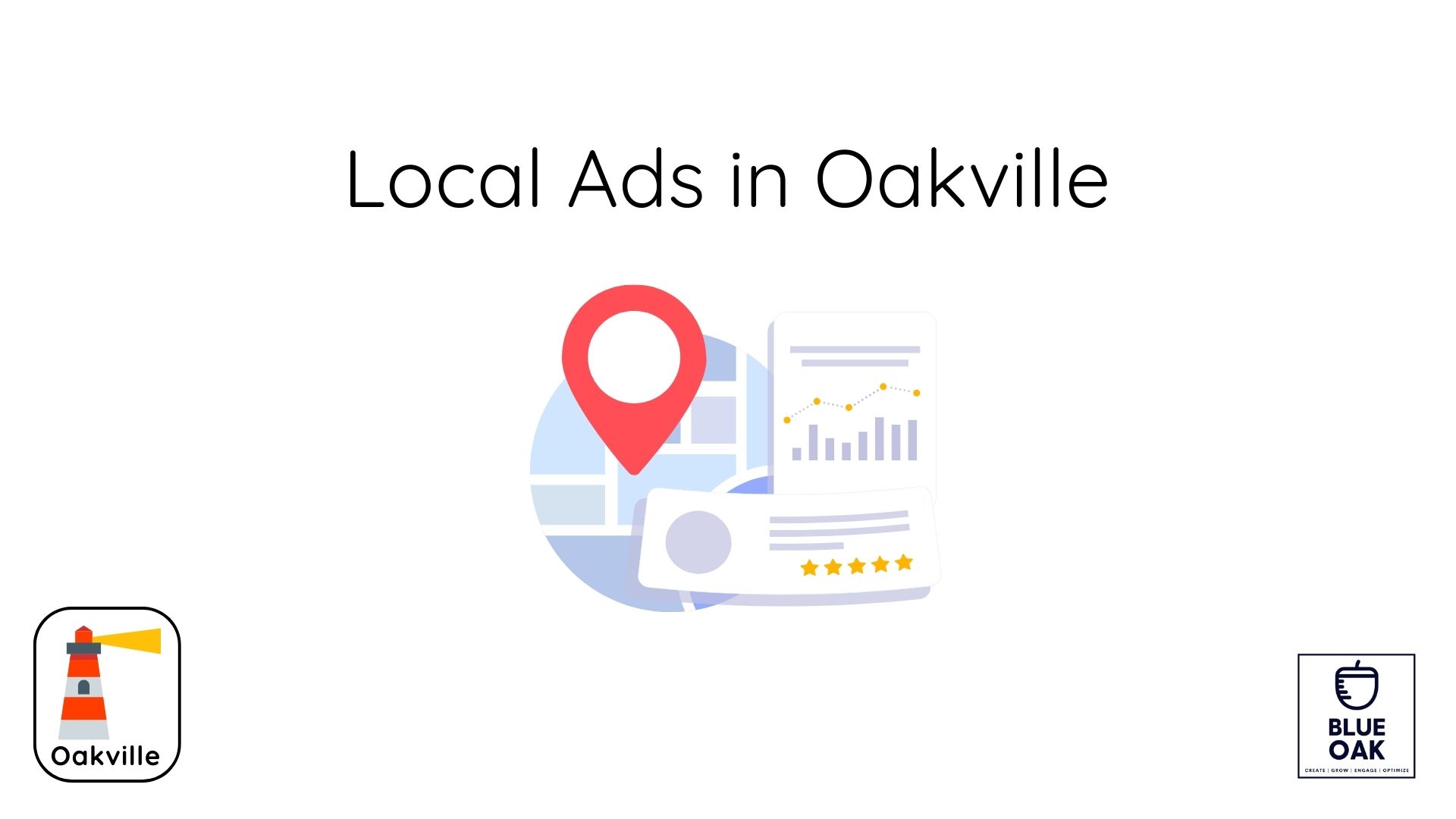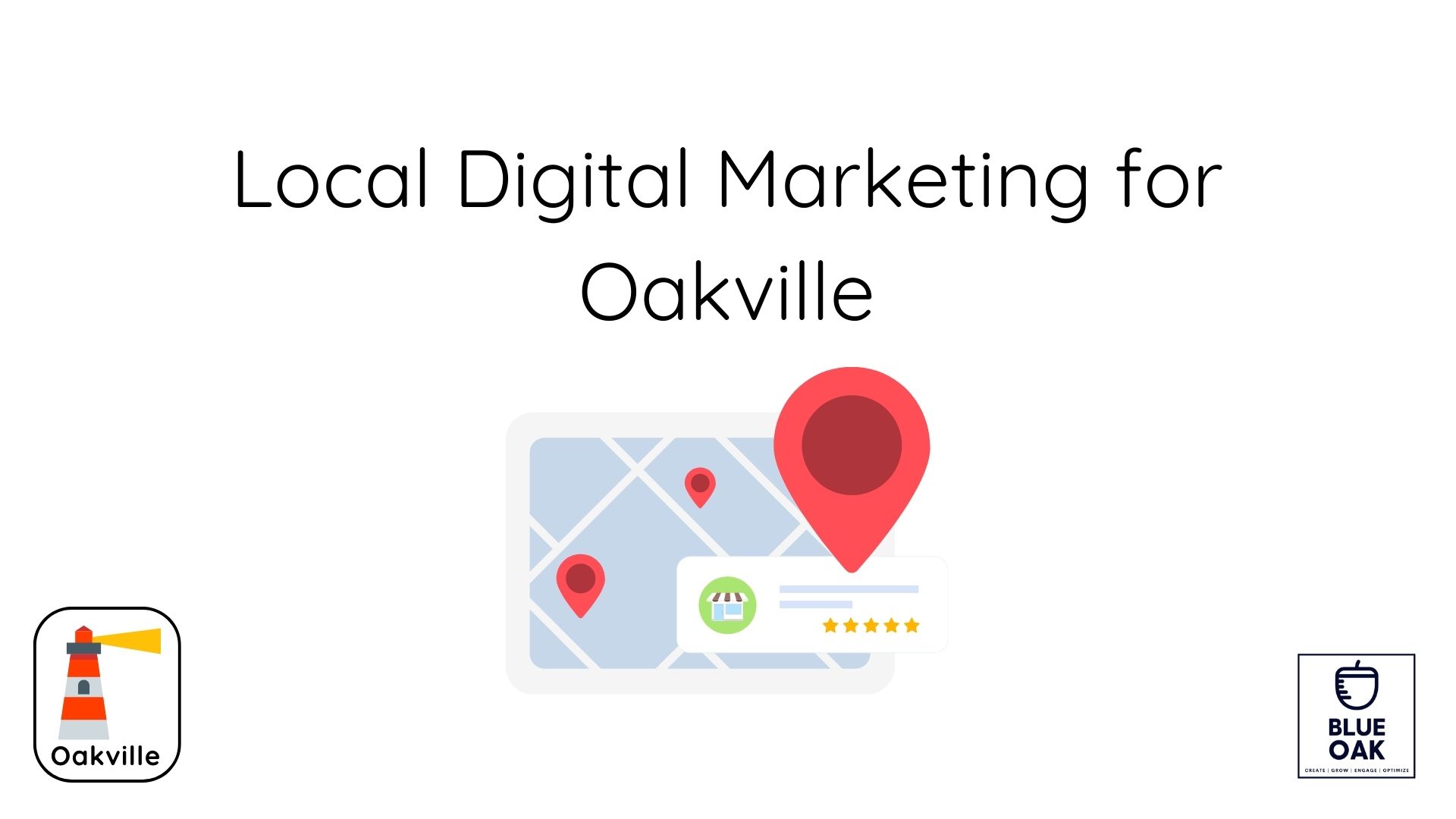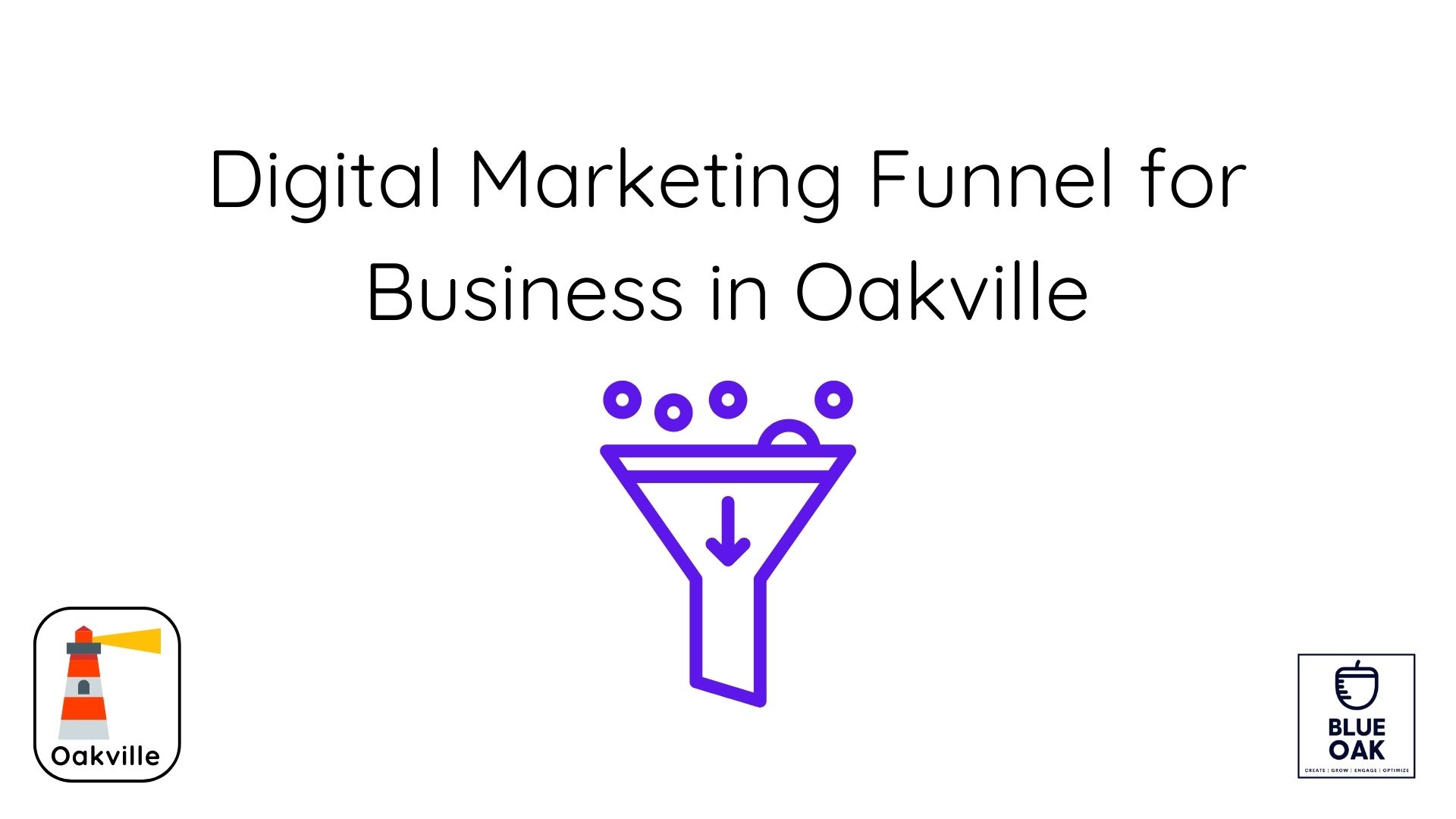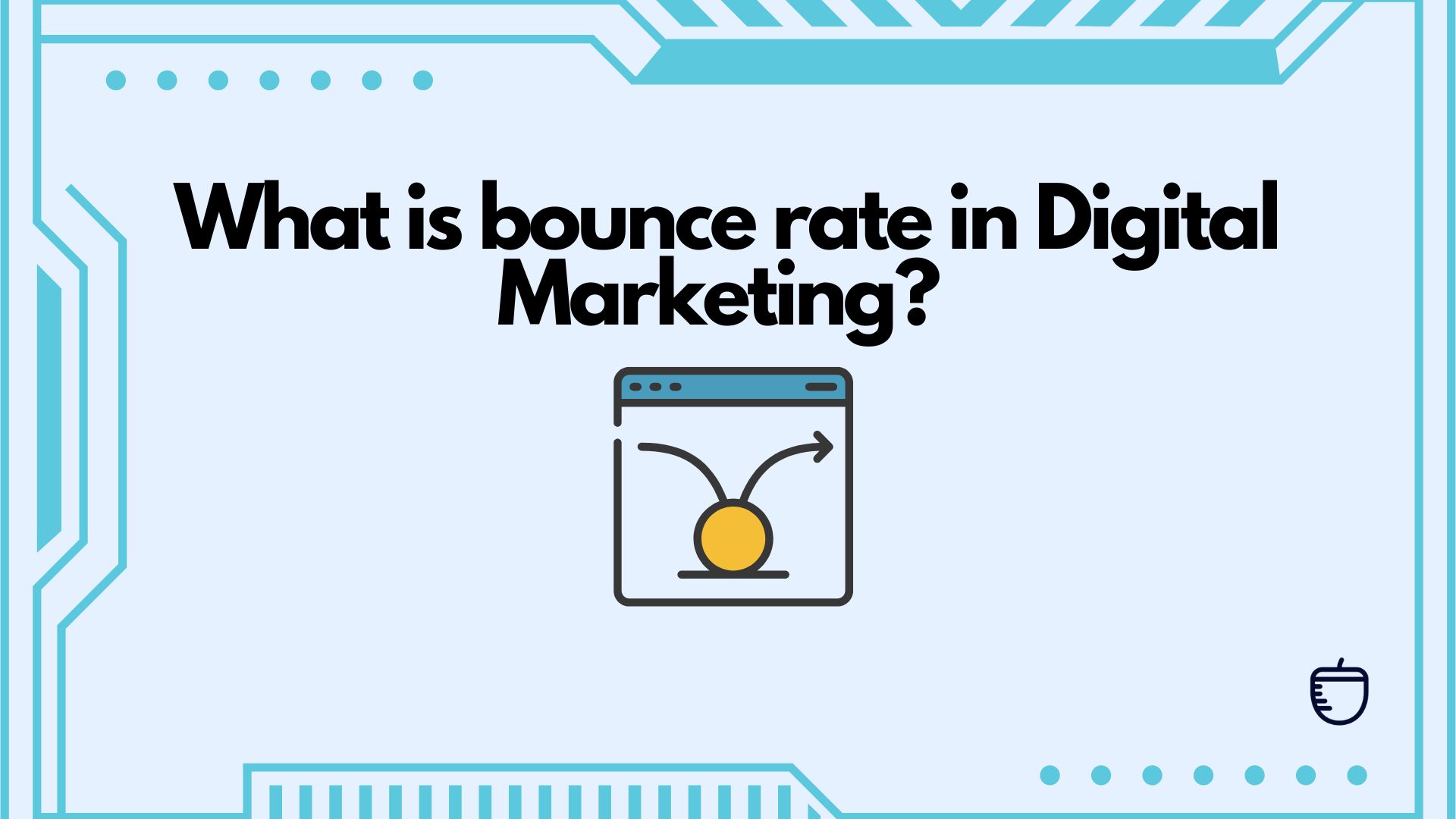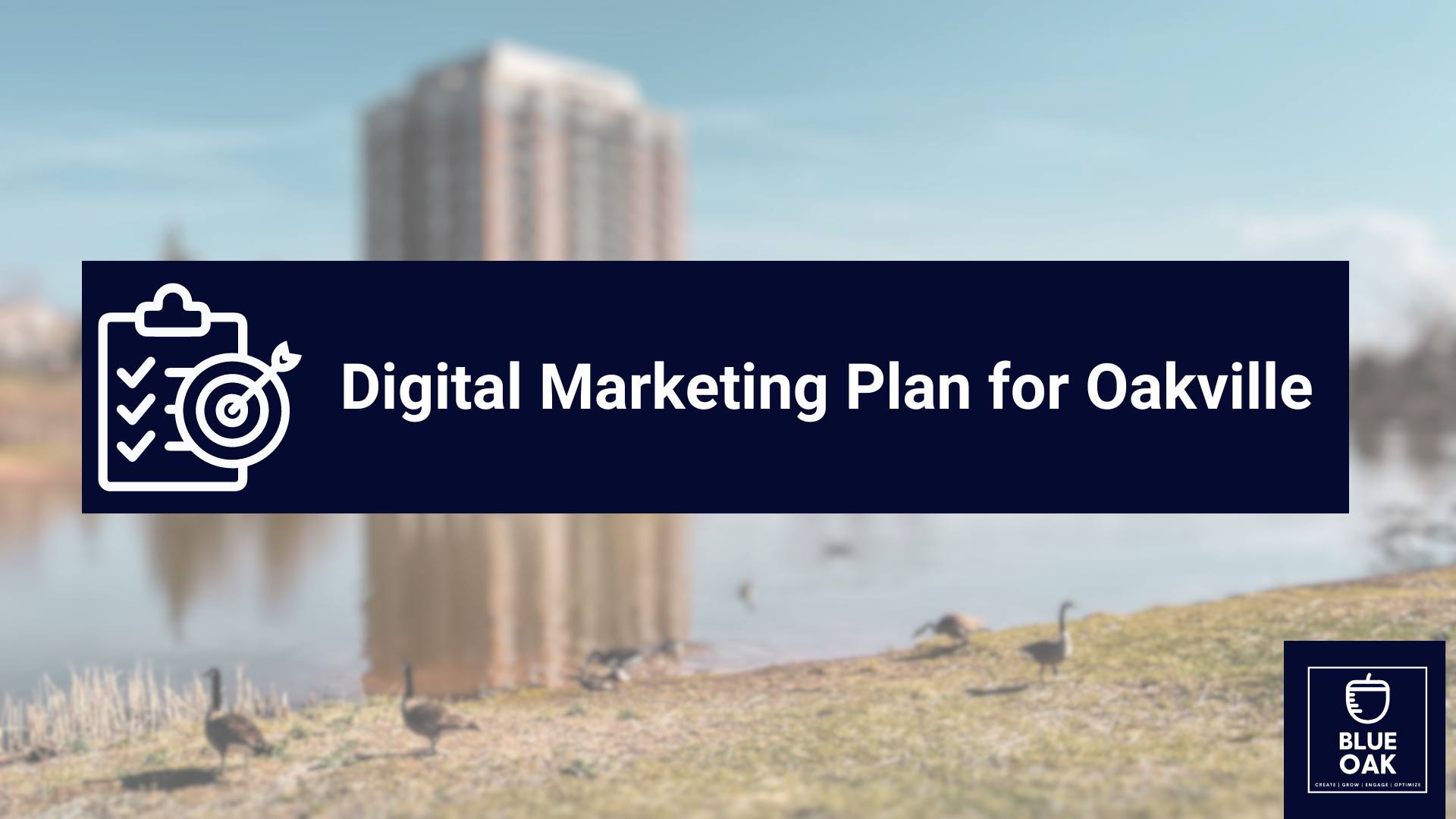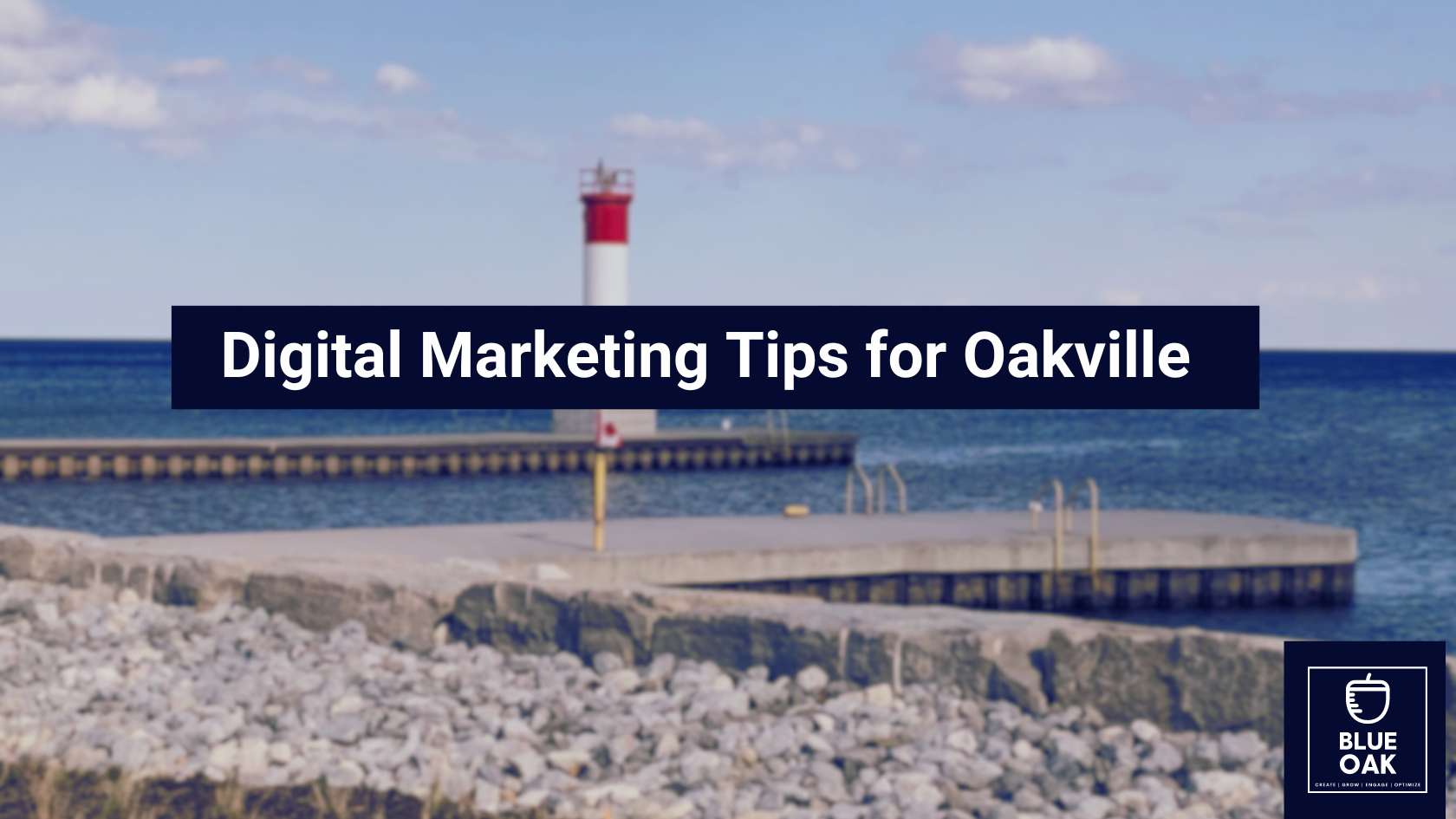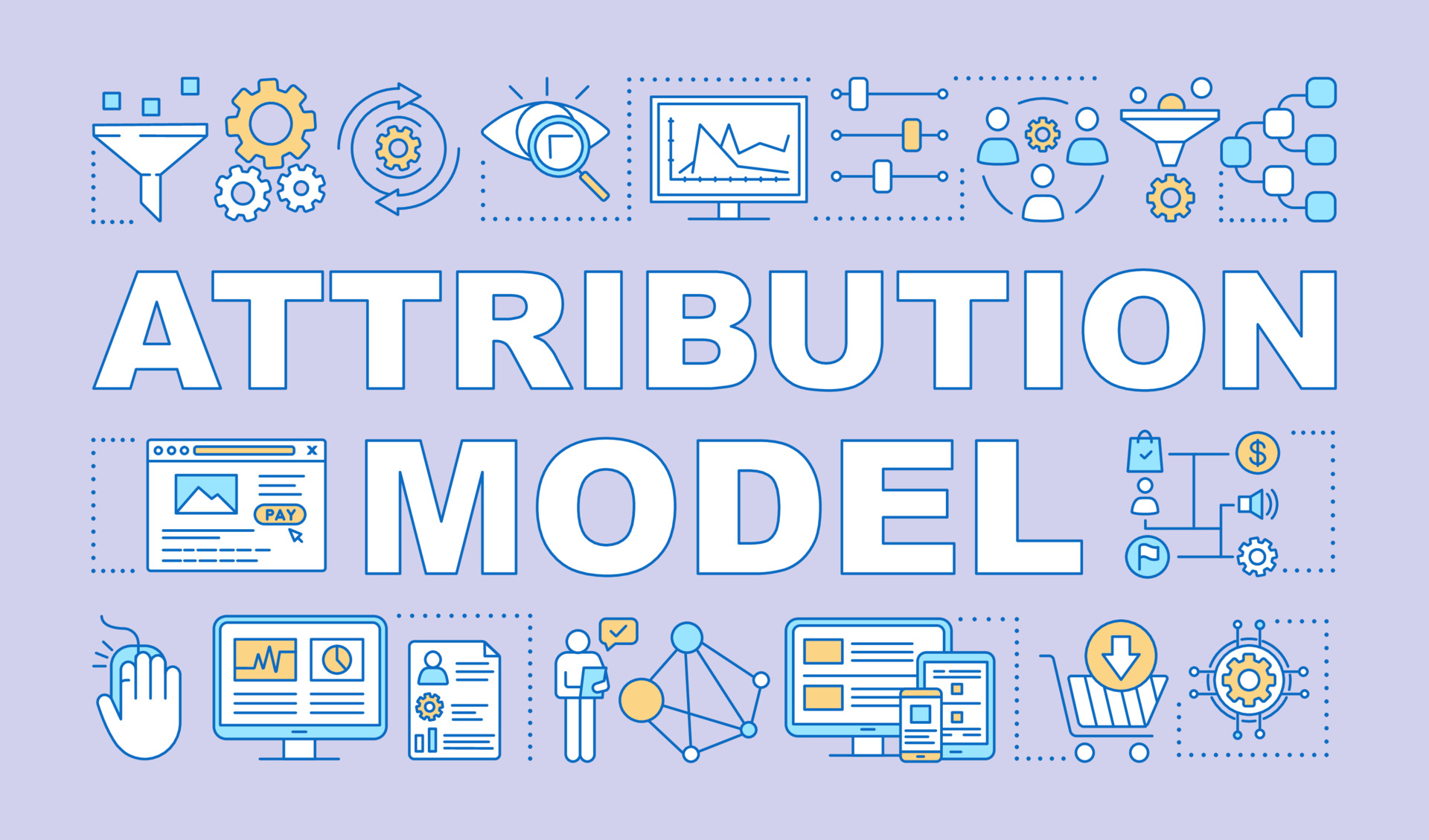What is Digital Marketing?

Table of Contents
ToggleThe 21st century’s technological advancements have made it easier for individuals to communicate with one another and exchange information. One of the areas of life that have been substantially touched by this revolution, among the many others, is marketing.
A new kind of digital marketing strategy termed “digital marketing” has emerged with the development of the digital world. What does this concept include, and why is it so crucial for firms in the twenty-first century?
This study looks into these and other questions. As we go further into this article, we’ll discuss the many forms of digital marketing and their significance in today’s digitally-driven world.
What is Digital Marketing?
Digital marketing is a broad term that encompasses all marketing endeavors leveraging electronic devices or the internet. The central premise of this contemporary marketing approach is connecting with existing and prospective customers in an environment where they increasingly spend a significant portion of their time: the online world.
This realm, teeming with multiple touchpoints and characterized by its omnipresence, offers businesses a unique opportunity to engage with customers at various stages of their buying journey, fostering more personalized and meaningful connections.
A firm has a large selection of digital marketing methods to choose from thanks to the phenomenal expansion of digital platforms like search engines and a considerable number of websites.
This vastness stems from the multidimensional nature of the online world, offering diverse channels and methods to connect with different segments of the audience.
Why is Digital Marketing Important?
There aren’t enough words to express the significance of Internet marketing in the modern company environment. Over the years, it has significantly expanded, establishing a solid reputation for itself because of how effectively and inexpensive it functions.
Businesses, regardless of their size or industry, can leverage digital marketing to reach a substantially larger audience while incurring a lower cost compared to traditional marketing methods. Yet, the advantages of digital marketing go beyond mere cost-effectiveness.
Here are a few salient reasons elucidating why digital marketing has become an indispensable component in the modern business toolkit:
Global Reach:
One of the most striking advantages of digital marketing is its capacity to transcend geographical barriers. Traditional marketing methods are often confined to specific locales or regions, but digital marketing opens up the world.
A small company in a remote area of the globe may easily contact a consumer thousands of kilometers away with only a few clicks. This worldwide reach is a game-changer because it enables firms to tap into new markets and engage with clients globally without the exorbitant expenses and time-consuming procedures associated with conventional global marketing.
Real-Time Results:
Another critical advantage of digital marketing is its ability to deliver real-time results. Traditional marketing methods often involve a time lag between launching a digital marketing campaign and understanding its impact. Digital marketing, on the other hand, provides instantaneous results.
Using different data tools, businesses can keep track of their marketing efforts in real-time. They may monitor the number of users, the contact rate, the sales percentage, the bounce rate, plus others. This real-time tracking allows businesses to quickly adjust their strategies based on performance, ensuring optimal effectiveness and efficiency.
Targeted Audience:
Personalization and precision targeting are two significant attributes of digital marketing. Traditional marketing casts a broad net, hoping to capture the right audience. Digital marketing, in contrast, allows businesses to use sophisticated algorithms and user data to target a specific demographic.
This could include targeting based on age, gender, location, interests, browsing habits, and more. This level of precision leads to more effective marketing as messages are tailored to resonate with the specific audience, enhancing the likelihood of conversion and fostering a more personalized relationship between the business and its customers.
Improved Engagement:
At its core, digital marketing fosters more profound, meaningful connections with customers. The digital platform allows two-way communication, enabling businesses to engage with customers directly.
They can respond to queries, resolve issues, receive feedback, and even personalize messages. Customers become more devoted and satisfied when businesses take an engaging and individualized approach, which may result in a higher retention rate, positive word-of-mouth advertising, and ultimately improved company success.
In short, digital marketing is an innovative, dynamic, and essential marketing tool that empowers businesses to extend their reach, gauge their marketing efforts instantly, target with precision, and cultivate more profound engagement with their customers. It’s a strategy designed for the digital age, with the agility and versatility to adapt and thrive in a constantly evolving landscape.
Inbound Marketing vs. Digital Marketing
The terms inbound marketing and digital marketing frequently appear interchangeably in the marketing industry, leading to confusion. While there is a degree of overlap, these terms fundamentally represent distinct concepts within the broader marketing spectrum.
This comparative analysis aims to delineate the key characteristics, methodologies, and scope, highlighting the differences and intersections.
Inbound Marketing
In essence, inbound marketing is a focused, customer-centric digital marketing strategy that relies on ‘pull’ marketing tactics. The objective is to draw potential customers towards the brand by offering value-driven content and experiences tailored to their needs and preferences.
This approach operates on the premise of earning customers’ attention and making the company easy to find. It’s a methodology that aligns with the customer’s buying journey, offering relevant solutions and insights at each stage.
Key Techniques
Key techniques under the inbound marketing umbrella include content marketing, blogs, SEO, and social media marketing. Each of these techniques revolves around creating valuable and consistent content to attract and engage a defined audience.
The overarching goal of these combined efforts is to establish credibility, nurture customer relationships, and position the brand as a trusted industry authority.
Digital Marketing
Digital marketing is a more extensive term that encompasses all marketing endeavors undertaken on digital platforms. This includes both ‘pull’ and ‘push’ marketing strategies.
Digital marketing does not differentiate between the techniques used to attract customers; instead, it includes all strategies that leverage digital channels for marketing communication.
Key Techniques
Digital marketing, therefore, encompasses inbound marketing tactics like content marketing, SEO, and social media marketing.
But it also includes tactics like email marketing, pay-per-click ads, and display ads that bring customers to the business. These tactics are typically more proactive and direct, aiming to reach a broad audience across the digital landscape.
Understanding the Distinction
In summary, the primary distinction between inbound marketing and digital marketing lies in their scope and methodology. Inbound marketing, a component of digital marketing, emphasizes creating high-quality content that draws customers towards the company and product.
Conversely, digital marketing is a broad term that encapsulates all online marketing strategies, including both inbound methods and more direct, outbound tactics.
It’s crucial to remember that while these terms are distinct, they also interact and overlap, adding depth and diversity to the digital marketing landscape.
Types of Digital Marketing
There are many distinct components to the complex subject of digital marketing. It offers companies a wide range of options to interact with their clients. Here, we delve into greater detail about some prevalent types of digital marketing.
Social Media Marketing
Social media marketing is a dynamic digital marketing strategy that leverages social media platforms to foster connections with the audience, fortify brand identity, boost sales, and propel website traffic.
Numerous sites are used to carry out this activity. Each platform offers unique characteristics and demographics, allowing businesses to tailor their content and engagement strategies accordingly.
Influencer Marketing
Influencer marketing has gained substantial traction in recent years. This marketing approach capitalizes on the influence and reach of individuals who have amassed a large and engaged following on social media platforms.
Brands form strategic partnerships with these influencers, harnessing their credibility and audience engagement to promote products or services. It’s an effective way to foster trust and drive brand awareness through third-party endorsement.
Content Marketing
Content marketing centers around creating and disseminating valuable, free content to attract and convert prospects into customers, and then cultivating those customers into repeat buyers.
Content marketing aims is to establish a business as a thought leader in its field while fostering a relationship with customers built on trust and value.
Pay-Per-Click Marketing
Pay-Per-Click advertising is based on the simple notion that an advertiser must pay the price each time one of their advertisements is clicked.
The most ubiquitous form of this marketing type is Google Ads, which empowers businesses to bid for prime positions on Google’s search engine results pages (SERPs). This method can quickly drive significant traffic to a website, albeit at a cost.
Affiliate Marketing
Affiliate marketing is a performance-driven strategy, wherein businesses reward affiliates for each customer brought in by the affiliate’s marketing efforts.
Simply put, you can make a fee by pushing other people’s (or companies’) goods or services on your website or other digital platform.
It’s a mutually beneficial arrangement that leverages the power of recommendation while providing revenue opportunities for those hosting the advertisements.
Email Marketing
Email marketing is a direct and personal form of digital marketing where businesses communicate with their audiences via email.
It’s a flexible tool that can be used for many things, like pushing content, sharing deals, letting people know about events, and directing people to a business’s website. It offers an excellent platform for nurturing leads, maintaining customer relationships, and fostering loyalty.
Mobile Marketing
Mobile marketing has grown in importance as more individuals own smartphones and as part of a comprehensive digital marketing strategy. Mobile marketing is a multi-channel strategy that targets a particular audience via the use of smartphones, tablets, and other portable devices.
You may communicate through websites, emails, SMS, MMS, social media, and mobile applications. Giving individuals information that is personal to them, timely, and relevant to their environment is the aim of promoting ideas, products, and services.
Sponsored Content
Sponsored content is a unique form of advertising wherein the promotional material aligns with the format and style of the editorial content within a publication. Businesses pay to have their brand or product featured in this manner, enabling a more seamless and less intrusive experience for the consumer.
This marketing type often appears in popular media outlets, allowing brands to reach a large audience in a context that typically inspires higher engagement.
B2B vs. B2C Digital Marketing
The contemporary world’s basis for business-to-business (B2B) and business-to-consumer (B2C) marketing is digital marketing, which employs a wide range of techniques and tactics.
Although the fundamental concepts are the same, the audience, the method choices are made, and the distinctions between B2B and B2C transactions may all have a significant impact on how these tactics are implemented.
B2B Digital Marketing
B2B transactions typically involve considerable budgets and a more extended, complex decision-making process due to the high stakes and multiple stakeholders involved. As a result, B2B digital marketing strategies strongly emphasize online lead generation.
The overarching objective in this context is to usher potential leads toward initiating a conversation with a salesperson.
Consequently, the role of a B2B marketing strategy is two-fold. Firstly, it should attract high-quality leads by providing informative, valuable content that positions the business as a thought leader in the industry.
This engagement could occur via different pathways on the website or other digital platforms—filling out a contact form, registering for a webinar, or requesting a product demonstration. A robust B2B digital marketing strategy ensures these pathways are visible, accessible, and compelling enough to encourage this desired action.
B2C Digital Marketing
Contrarily, B2C businesses often cater to consumers who make faster purchasing decisions, usually at a lower cost. This buying behavior calls for a different approach to digital marketing.
B2C companies primarily use digital channels to attract consumers, steering them toward their websites.
The success of a B2C digital marketing strategy hinges on its ability to convert these prospects into customers directly via the website, bypassing any need for interaction with a salesperson.
B2C digital marketing might involve a blend of social media marketing, influencer marketing, PPC advertising, and other strategies designed to engage the consumer at the point of decision-making.
This could involve showcasing appealing product images, offering limited-time discounts, or providing seamless checkout processes. The ultimate goal is to create a straightforward, enjoyable customer journey that prompts immediate purchase decisions.
While the principles of digital marketing are broadly applicable, the divergence between B2B and B2C businesses necessitates varied strategic approaches.
How Can Digital Marketing Benefits Businesses?
Digital marketing offers an array of benefits to businesses across industries and sizes. It’s powerful tools and adaptable strategies can transform a company’s reach, impact, and profitability. Here, we go into further detail on how digital marketing can help firms strategically:
Cost-Effectiveness:
Due to its low cost and strong return on investment, digital marketing is more cost-effective than conventional techniques. This is especially beneficial for small businesses operating with limited resources.
Businesses can direct their funds toward targeted digital ads instead of investing substantial amounts into traditional advertising methods—such as TV commercials, print advertisements, or billboard spaces.
These ads can be adjusted based on real-time performance, further optimizing spending and results. The cost-benefit analysis leans heavily toward digital marketing, making it a savvy choice for modern businesses.
Audience Engagement and Personalization:
One of the transformative aspects of digital marketing is its ability to foster direct engagement with prospects. Businesses can engage in meaningful dialogues with their audience through interactive channels like social media, comment sections, discussion forums, and chatbots.
This two-way contact helps businesses learn more about their customers’ wants, needs, and hopes. By listening to their audience, responding to their queries, and valuing their feedback, businesses can create a sense of customer appreciation and loyalty.
This engagement offers invaluable insights for businesses and helps personalize marketing efforts to better resonate with the audience.
Broad Reach:
Digital marketing transcends geographical boundaries, enabling businesses to reach extensive audiences. Location, reach, and expense are often limitations of traditional marketing strategies. Moreover, digital marketing makes it simple for firms to connect with customers throughout the nation and even beyond.
Whether it’s a localized SEO strategy for the community or a global social media campaign, businesses can market their products or services to diverse demographics and locations, all without excessive costs.
Streamlined Conversions:
At its root, digital marketing is based on attracting possible customers and turning them into real buyers. Customers can locate things and purchase them more easily thanks to this, which makes the whole process simple and convenient.
With strategic use of SEO, businesses can ensure they appear in the right searches, drawing visitors to their websites. Social media marketing engages and nurtures these visitors, building relationships and trust. Email marketing can deliver personalized offers and reminders, nudging visitors toward a purchase.
The amalgamation of these techniques leads to more straightforward and effective conversions, driving the growth of businesses in the digital marketplace.
Final Words
In conclusion, digital marketing is not just a trend or a shift in advertising methodology—it’s a complete transformation of the marketing industry. You get power, scalability, real-time data, and a degree of involvement that was unimaginable only a few decades ago. Embracing digital marketing is no longer an innovative luxury—it’s a necessity for businesses wanting to thrive in the modern digital age.

